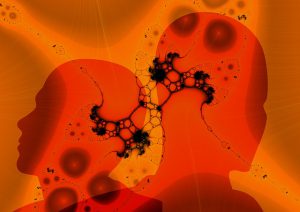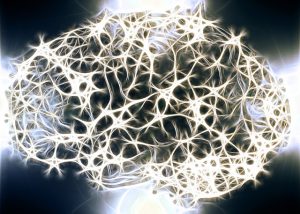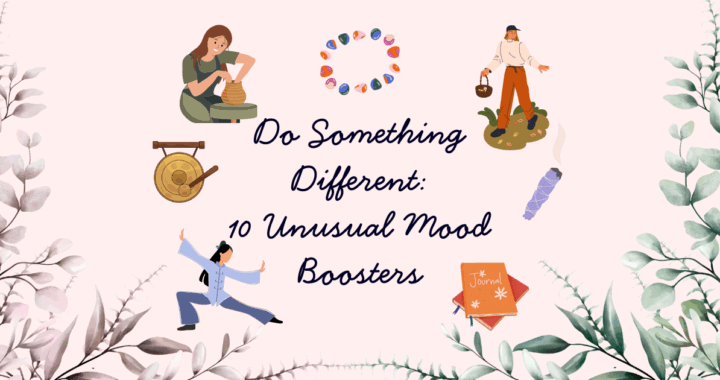To me, NLP and the law of attraction are happy bedfellows. If you understand how the law of attraction works but realise you have experience-related resistance, then NLP offers a unique and effective way to help get rid of those blocks.
- Neuro – related to the mind and how we think
- Linguistic – related to the use of language and how it affects us
- Programming – related to how we put things together in sequence to achieve a certain outcome
NLP or neuro-linguistic programming was formulated in the 1970s by Dr John Grinder (a professor of linguistics) and Richard Bandler (a Masters student of information sciences and mathematics). Together, they set about studying some of the world’s top therapists and communicators to see what made them so successful and what set them apart from their peers. Their 3 main subjects were Virginia Satir (a successful family therapist), Fritz Perls (the founder of Gestalt Psychology) and Milton H Erickson (widely considered to be the father of modern hypnotherapy).

The results of their studies led them to an enhanced understanding of human communication both person to person, and possibly more importantly, from one person’s conscious mind to their subconscious mind. From this new understanding, they developed a methodology and model of communication they christened neuro-linguistic programming (NLP). What they developed was a theory, and number of extremely powerful and practical techniques which ultimately helped people understand themselves, their world and their conscious and subconscious behaviour better. Since then NLP has been taught and used by practitioners and individuals worldwide to help people bring about change to improve their lives. It does not have a single definition, but encompasses many things. In the same way that it is not easy to describe the colour green to a blind man, it is also not easy to describe the entire field of NLP in a single page. For it is a science which is growing and developing; encompassing innovative ideas and new techniques which continually expand the definitions set in its infancy.
I like to think of NLP as understanding how your conscious brain communicates with your subconscious mind. If you think of your conscious brain as the captain of a ship, and your subconscious mind as the people in the engine room controlling the power and those at the rudder, controlling the direction, it’s easy to see how the communication between the captain and his crew is important if the captain wishes to get to their chosen destination. Understanding how to get a message through, what the message should say, and the order in which they are carried out become vital for success. And so it is with the mind. Many of us drift through life, sending random, unintelligible or confusing orders to our crews, and then wonder why we hit the iceberg!!
And that’s exactly where NLP can help.

Check out how reframing your view of failure can help improve your thinking.





Great post. I took a NLP course in January this year and I liked the definition of NLP as the art and science of excelling.
From this perspective NLP supports you in learning and improving all sorts of skills (e.g. in sport,s music etc.)
Hi Juan. Yes NLP is great for clearing all sorts of blocks and I’ve used it in many different sessions. You can also have an impact on people using NLP just by the language that you use and the way you reframe things. Thanks for taking the time to read the article and have a great day.
Excellent posting! I never heard about NLP. Thanks so much for opening the window of knowledge!
Thanks Chintha. I’m glad you found it useful. I will be posting much more training on NLP as I really feel it can help with so many problems in everyday life; personal blocks, phobias, relationships…..the list is endless. Glad to spread the word of something that has been so helpful to me. Have a great day and thanks again for stopping by. Gail